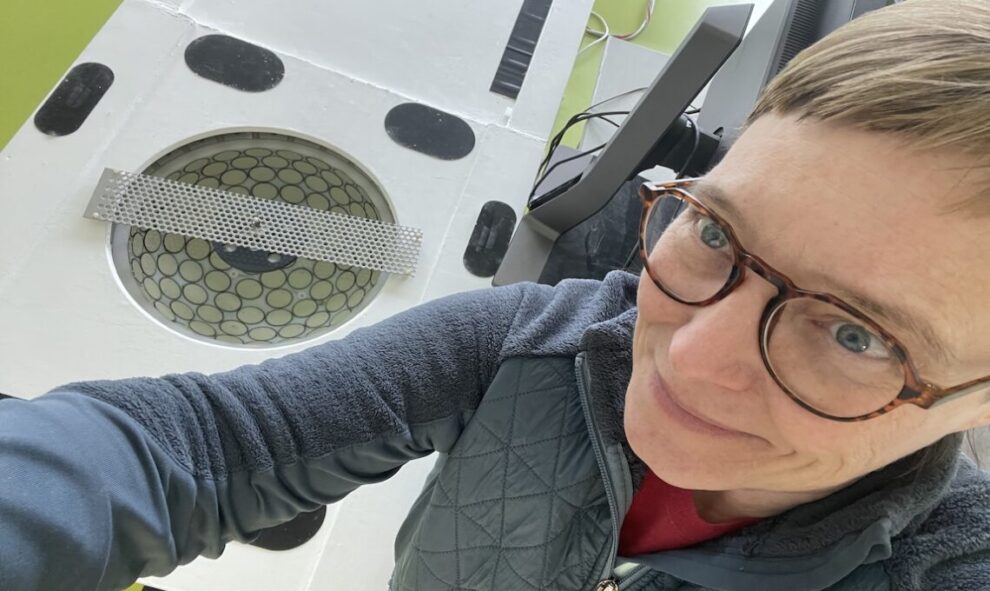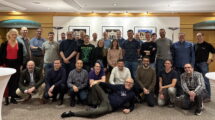An international research team has been leveraging the power of the German Research Network’s (DFN’s) X-WiN network to develop a more reliable, less invasive way to screen for breast cancer. Specifically, the team is focused on improving ultrasound technology to more accurately detect breast cancer in women who have so-called dense breasts, as traditional mammograms can miss the beginning of cancer or show false positives for these women.
“With ultrasound imaging, we can avoid using radiation, meaning we could safely run scans on pregnant women and younger women. Further, our methods can screen at a higher frequency, and might deal better with accurately scanning women with dense breasts,” said Dr. Nicole Ruiter, Department Head at the Karlsruhe Institute of Technology’s (KIT’s) Institute for Data Processing and Electronics.
The team relies heavily on DFN’s X-WiN network to efficiently download and upload massive datasets and transmit them to partners across Europe. DFN’s connections within Germany ensure that Ruiter can move data across German efficiently, and she is hopeful that connections forged through the GÉANT collaboration of Europe’s collection of national research and education networks (NRENs) continue raise speed and efficiency of moving data between institutions supported by different NRENs. Spain’s NREN, RedIRIS, connects BSC’s supercomputing resources to research organizations in Spain and internationally through the greater GÉANT collaboration, including Ruiter and her colleagues at KIT.
Click here to read the full article
Submitted by Jane Gifford








